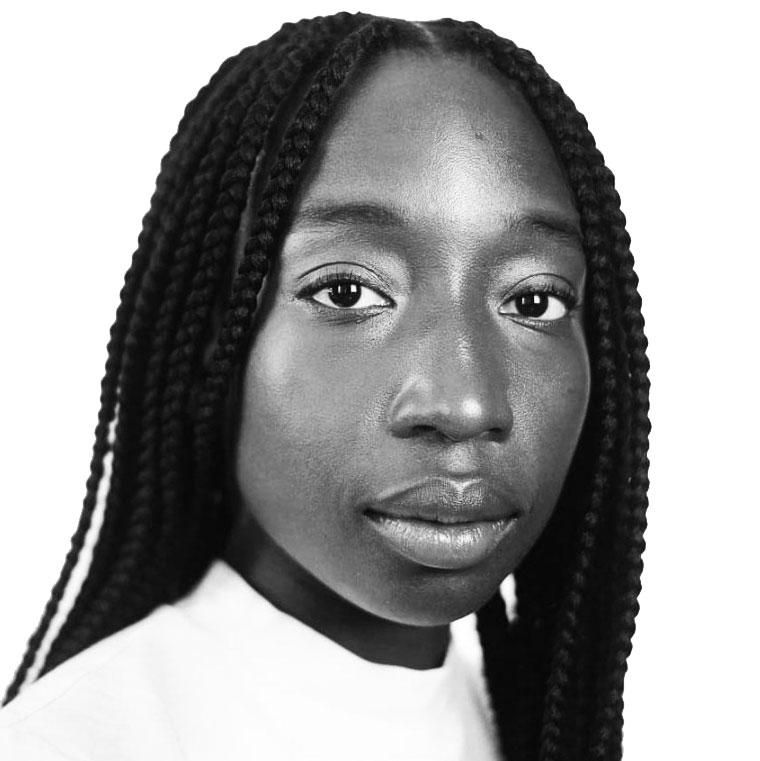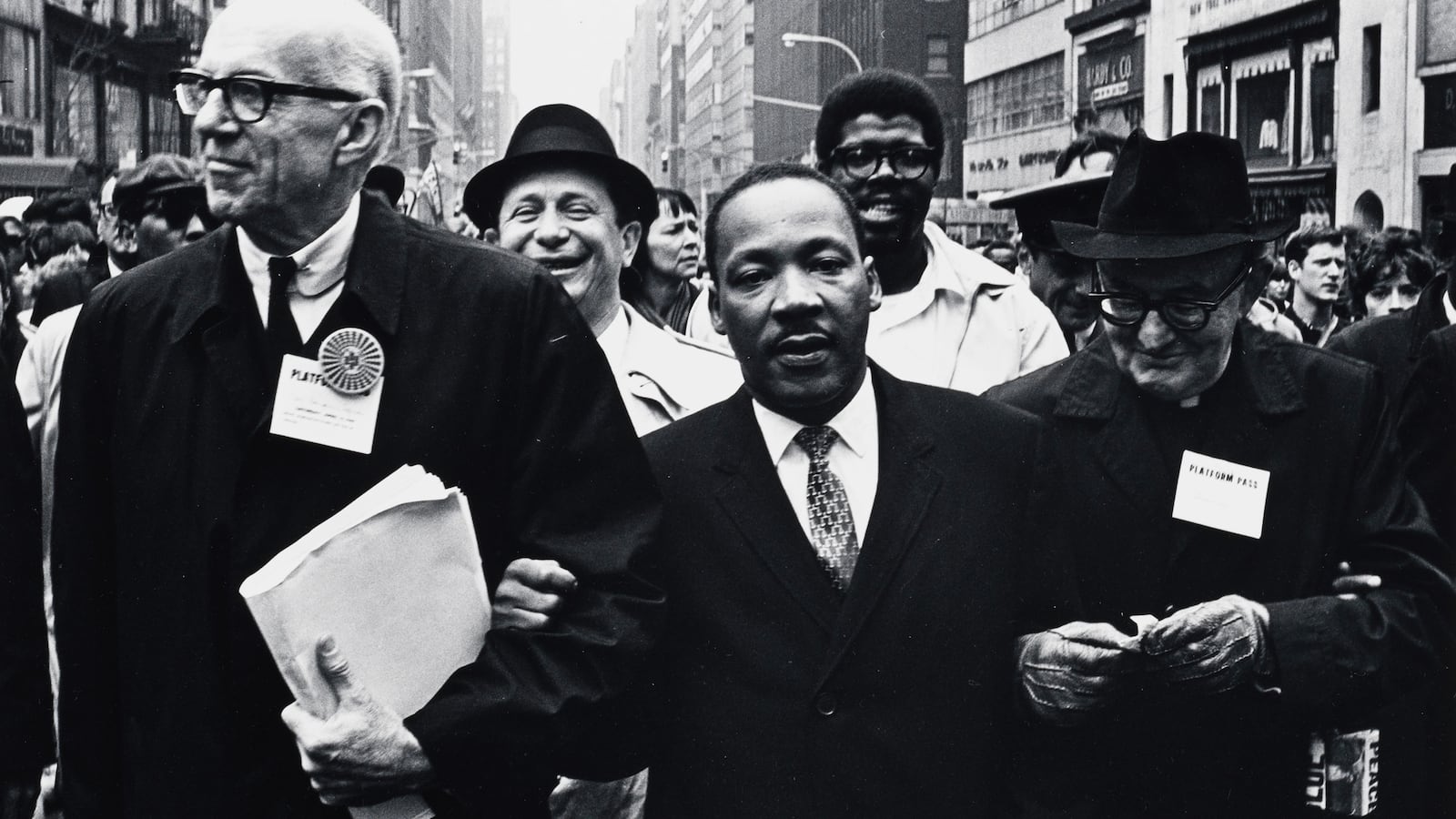When it comes to Martin Luther King Jr’s activism during the Civil Rights movement, it would be fair to assume that the majority of his work was concentrated in the south or Washington D.C. After all, D.C. was where he delivered his famous “I have a dream” speech during the March on Washington. The south was not only home to cruelest racial injustice, but also where the historical Montgomery bus boycott took place. Although Martin Luther King Jr. broke many boundaries in the south, he also left a significant impact on New York City.
Through a well curated exhibit at the Museum of the City of New York, it’s clear that his activism spanned across NYC when he spoke at the United Nations and at the Freedomways reception after the Du Bois Centennial Tribute at Carnegie Hall.
He also addressed journalists at Gracie mansion, delivered the “Beyond Vietnam” speech at Riverside Church, and met with several activists at Hotel Commodore to plan the March on Washington. These moments are amongst a few historical snapshots on display of King’s activism in the city. Several more can be viewed as part of a curated collection commemorating the 50th anniversary of his death. This exhibit, King in New York is currently on display at the Museum of the City of New York through June 1, 2018.

Dr. Martin Luther King, Jr. amidst a crowd of supporters, advisors and security personnel gathered outside the United Nations waiting for him to begin speeking. In the speech, which followed the Solidarity Day march from Central Park to the U.N. on April 15, 1967, Dr. King decried the Vietnam War as a racist war. Ponchita Pierre, an NBC correspondent, also appears in the photograph.
Museum of the City of New York
View of Dr. Martin Luther King, Jr. addressing a crowd gathered outside the United Nations following a march from Central Park on April 15, 1967. In his speech, Dr. King decried the Vietnam War as a racist war.
Museum of the City of New York
Photograph of Dr. Martin Luther King, Jr. in the crowd at the Solidarity Day Parade in which participants marched from Central Park to the United Nations on April 15, 1967.
Museum of the City of New York
Photograph of Dr. Martin Luther King, Jr. standing between Dr. Benjamin Spock and Monsignor Rice of Pittsburgh at the Solidarity Day Parade in which participants marched from Central Park to the United Nations on April 15, 1967.
Museum of the City of New York
April 15, 1967, Handbill for Mobilization to End the War in Vietnam in New York, April 15, 1967.
Museum of the City of New York/Museum of the City of New York
Martin Luther King and Mrs. Du Bois Peck, only grandaughter of W.E.B. Du Bois, at the Freedomways reception after the Du Bois Centennial Tribute at Carnegie Hall, February 23, 1968.
Builder Levy
Program for New York City's “Community Salute” to Martin Luther King Jr., December 17, 1964.
Museum of the City of New York/Museum of the City of New York
Martin Luther King at Reception after the W.E.B. Du Bois Centennial Tribute at Carnegie Hall where he gave the keynote speech, February 23, 1968.
Builder Levy
Martin Luther King Jr. with Adam Clayton Powell Jr., Coretta Scott King, and A. Philip Randolph at airport.
Austin Hansen/ Photographs and Prints Division, Schomburg Center for Research in Black Culture, The New York Public Library
Martin Luther King Jr. with Harry Belafonte and George Goodman taping interview, 1957.
Austin Hansen/Photographs and Prints Division/Schomburg Center for Research in Black Culture, The New York Public Library
Martin Luther King Jr. presides over Prayer Pilgrimag, 1957.
Austin Hansen/Photographs and Prints Division, Schomburg Center for Research in Black Culture, The New York Public Library
Girl holding photograph of Martin Luther King at Memorial March, 1968
Austin Hansen, courtesy Photographs and Prints Division/Schomburg Center for Research in Black Culture, The New York Public Library/Astor/Lenox and Tilden Foundations, used by permission of the estate of Austin Hansen
Martin Luther King with Coretta Scott King and Ralph Bunche at the United Nations, December 4, 1964.
Courtesy of Daily Worker/Daily World Photographs Collection, Tamiment Library & Robert F. Wagner Archives, New York University
Martin Luther King Jr. speaks at the W.E.B. Du Bois Centennial Tribute, February 23, 1968.
Courtesy of Daily Worker/Daily World Photographs Collection, Tamiment Library & Robert F. Wagner Archives, New York University
From left: John Lewis, Whitney Young, A. Philip Randolph, Martin Luther King Jr., James Farmer, and Roy Wilkins meet at Hotel Commodore to plan March on Washington, July 2, 1963.
Library of Congress
Martin Luther King Jr. writes notes before delivering “Beyond Vietnam” speech at Riverside Church, April 4, 1967.
John C. Goodwin/courtesy of the estate of John C. Goodwin
Rev. Martin Luther King at press conference at Gracie Mansion, July 30, 1964.
Dick DeMarsico/Library of Congress
Martin Luther King Jr. and Coretta Scott King outside Harlem Hospital. 1958.
Courtesy of Steven Kasher Gallery
Martin Luther King Jr. with Archbishop of New York Francis Joseph Cardinal Spellman and Governor Nelson Rockefeller at the New York Civil War Centennial Commission (Centennial of the Emancipation Proclamation)], September 12, 1962.
Courtesy of New York State Archives
Dr. Martin Luther King, Jr. and President Buell Gallagher - June 12, 1963 City College of New York (CCNY) Graduation Ceremony in Lewisohn Stadium. Dr. King gave the commencement address.
Stephen F. Somerstein
Dr. Martin Luther King, Jr. and President Buell Gallagher - June 12, 1963 City College of New York (CCNY) Graduation Ceremony in Lewisohn Stadium. Dr. King gave the commencement address.
Stephen F. Somerstein
From left: Rabbi Abraham Joshua Heschel, historian Henry Steele Commager, Martin Luther King Jr., and Union Theological Seminary President John Bennett at Riverside Church, April 4, 1967
Courtesy of the estate of John C. Goodwin





